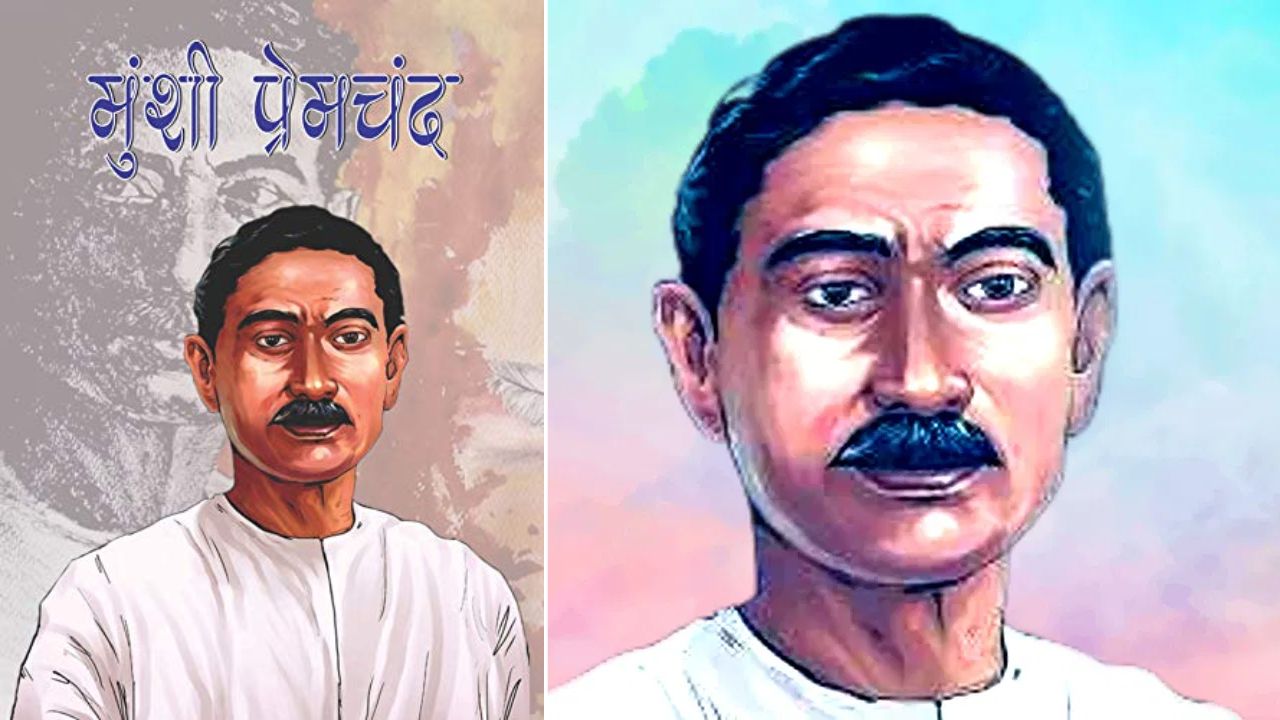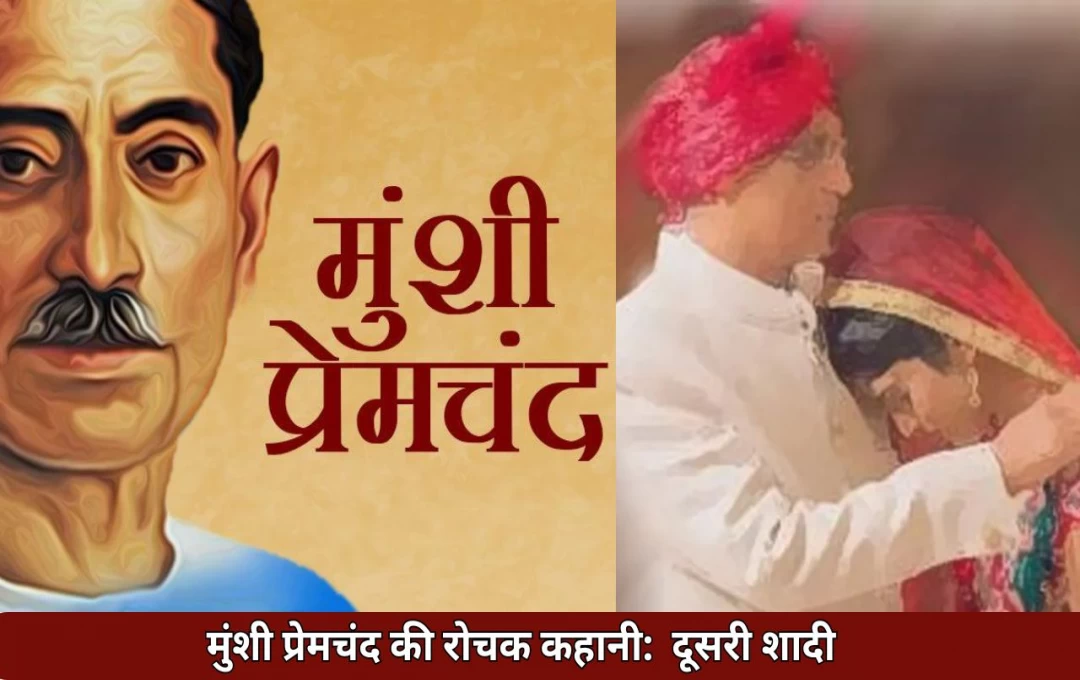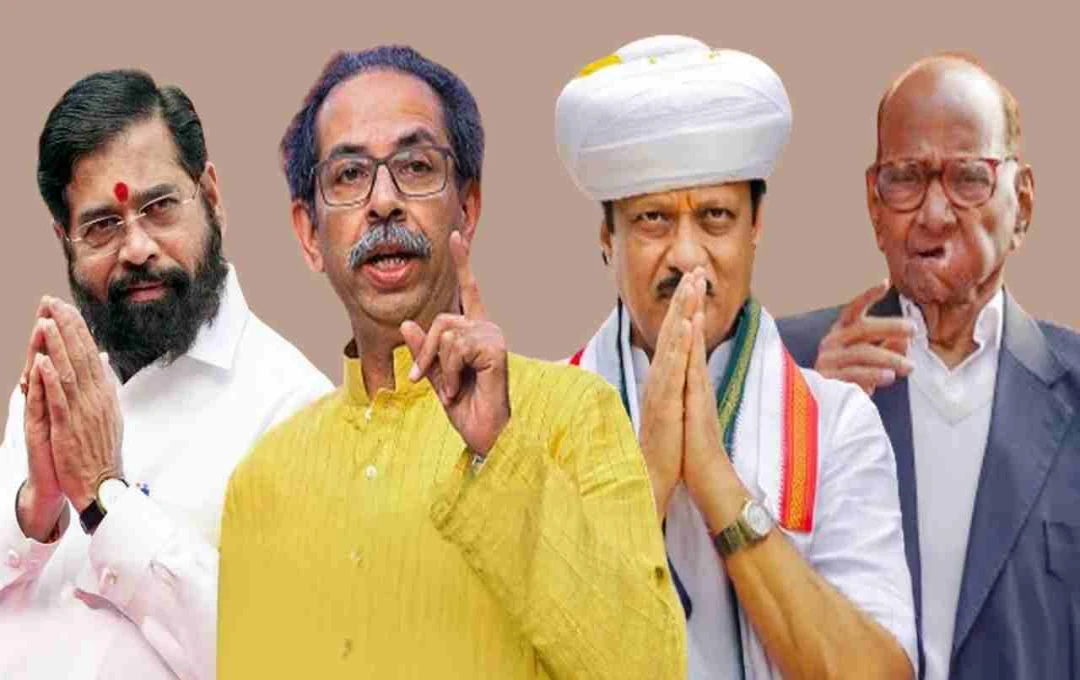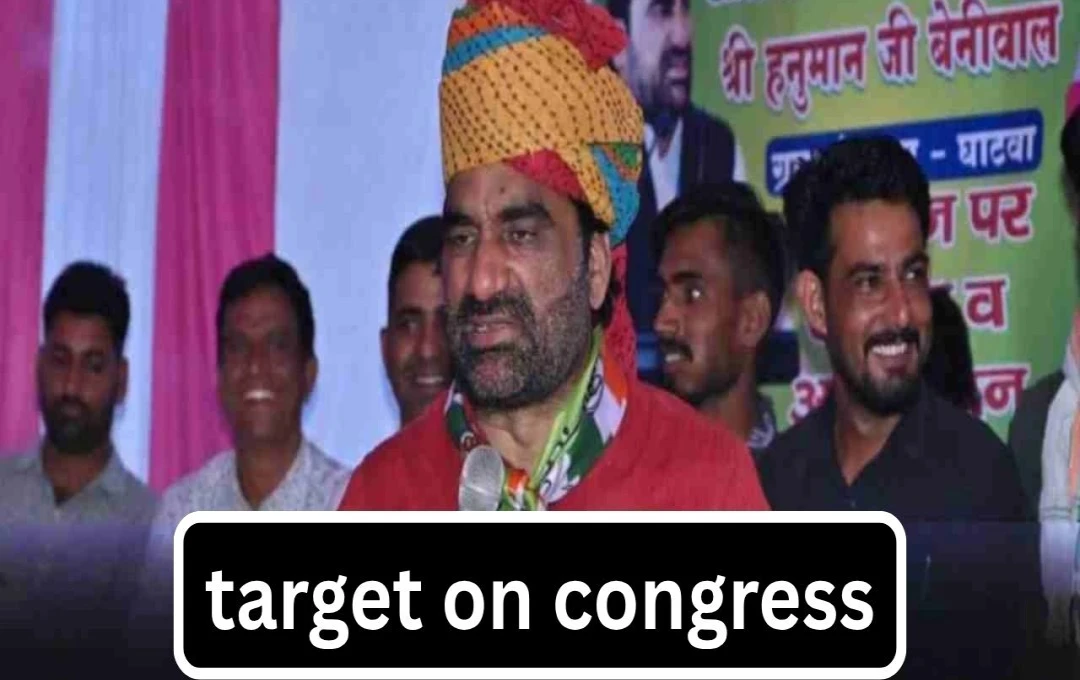Friends, our nation has, for centuries, been a cradle of great individuals—rishis, munis, poets, writers, musicians, and more—filled with virtue. The countless works created by these luminaries are invaluable treasures. Today's youth, in this digital age, seem lost, drifting further from our heritage and precious legacy. subkuz.com consistently strives to bring you not only these invaluable treasures but also entertaining stories, news, and insights from around the world. Presented before you is a truly inspiring story by the renowned writer, Munshi Premchand.
Second Marriage
When I look closely at my four-year-old son, Ram Saroop, I notice a lack of the innocence and charm he possessed two years ago. His eyes, now filled with a mix of sorrow and resentment, seem to pierce me. This sight fills me with anguish, and I am reminded of the promise I made to his mother, on her deathbed, two years prior. Humans, unfortunately, are so often driven by selfishness and the whims of their senses, that their duty is perceived only at times. On that day, when the doctors had given up hope, he, with tears in his eyes, asked me, "Will you remarry?" and implored me, "Please do. What will become of my Ram? Please look after him, if possible."
I replied, "Yes, yes, I promise I will never remarry. Ram Saroop, don't worry about it." "Will you be okay?" I asked his mother. She simply extended her hand towards me, as if saying, "Goodbye." Within moments, the world went dark for me. Ram Saroop was orphaned. For a couple of days, I held him close to my heart. Finally, when his mourning period was over, I entrusted him to his paternal grandfather and returned to my duties.
For two or three months, my heart was filled with profound sadness. I had to work; it was the only option. I wrestled with various thoughts and aspirations. I envisioned a future where, after a few years of work and saving enough money, I would travel the world. I would accomplish this and that. But now, my heart was heavy and my resolve faltered.
Letters from home kept arriving, informing me of various proposals. "Such and such a family has put forward a suitable match. A very nice man. The girl is intelligent and beautiful," they would write. "There will be no better opportunity." My opinion was sought on every matter.
But I consistently refused. I was astonished by the readiness of people to remarry, especially when their beloved and devoted wife, a gift from God, had been taken from them.

Time passed. Then, pressure from friends and acquaintances began. "Forget it," they'd say, "Women are like shoes. When one pair wears out, get a new one." I would staunchly argue against this demeaning view of women. When our society, with its grand reputation, does not allow Hindu widows to remarry, how can I justify remarrying a maiden? As long as this stigma remains on our community, I would never consider marrying any woman, be it a maiden or a widow. An idea struck me: I would quit my job and campaign against this injustice. But how could I articulate these deeply personal feelings on a public platform? I realized how much we lacked in translating emotions into tangible action, in strengthening character, in converting thoughts into deeds. This dawned on me six months later, when I married a young woman.
My family rejoiced, thinking my ordeal had ended. Meanwhile, a few educated relatives from my community scolded me. "You used to preach about marrying only widows; where have those principles gone now? You haven't set an example for us to follow." I felt utterly ashamed. The youthful fervor of my past pronouncements vanished. My old convictions resurfaced. Even today, I dwell upon these very thoughts.
I had believed that only a woman could properly care for a child. I imagined that a wife would allow me to keep Ram Saroop, to care for him especially. However, all these ideas proved to be nothing more than wishful thinking. I have now been forced to send Ram Saroop back to his paternal grandfather in the village. This is not a secret. It is impossible for a woman to love a stepchild. On the wedding day, I had been told that the girl was virtuous, would look after her family, and would treat my son like her own. But it was all a lie. No matter how virtuous a woman might be, she can never truly love a stepchild.
And this profound sadness is the punishment for breaking the vow I made to my virtuous wife in her final moments.
This was a thought-provoking story by the great author Munshi Premchand. This story teaches us many valuable lessons. The entire subkuz team strives to bring you inspirational stories every day. Continue reading inspiring and enlightening stories on subkuz.com.








